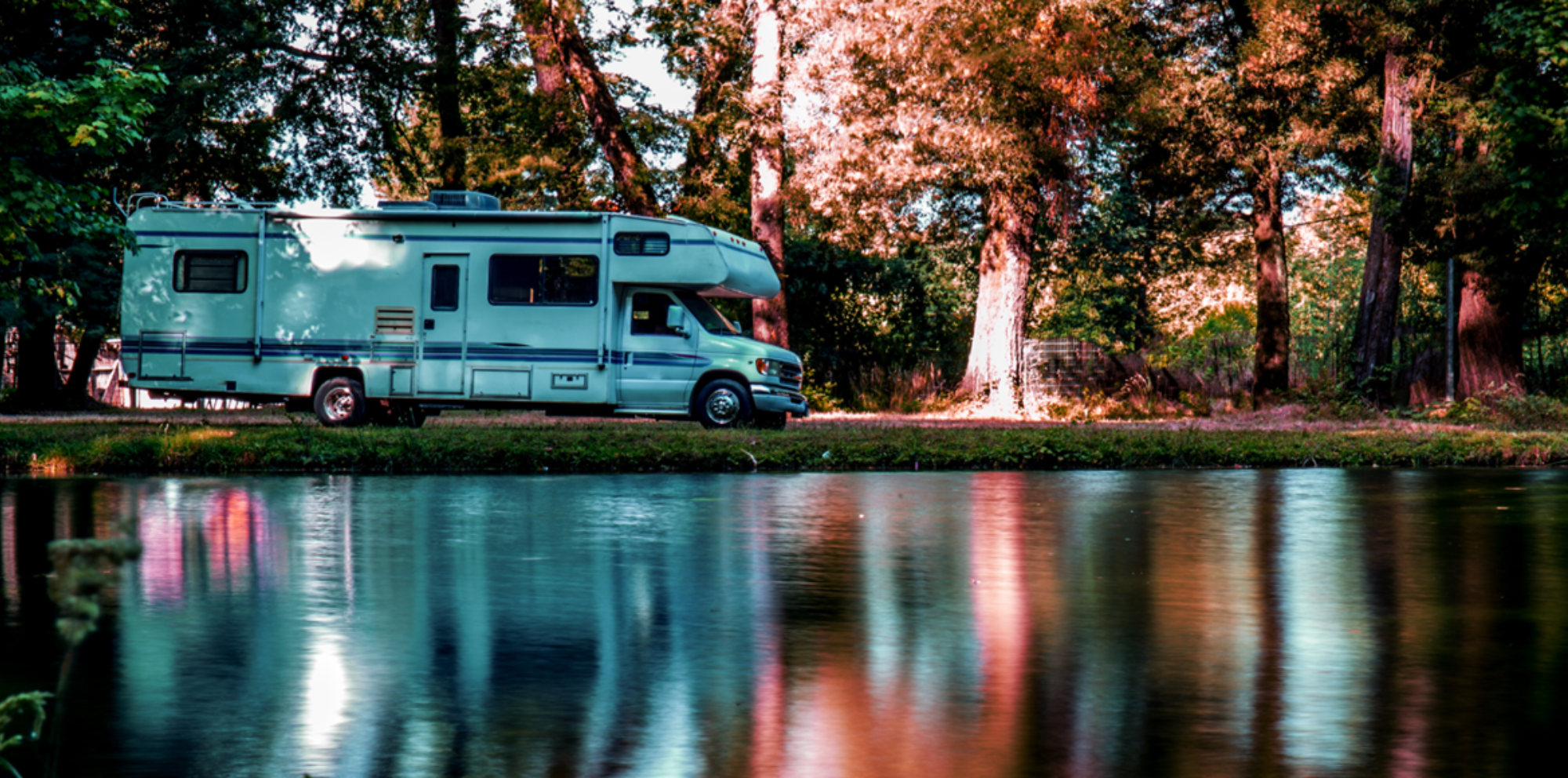The big day is almost here: from 4th July campsites and holiday parks across England will finally be able to open their doors for the summer season.
With overseas tourism still largely inaccessible and many British holidaymakers attempting to plan their staycations in a COVID-secure and socially distanced manner, it’s perhaps no surprise to see motorhome sales rocketing in recent weeks, not to mention a flurry of activity from expo organisers looking to take full advantage of the surge in consumer interest.
However, it’s a mistake to assume that COVID-19 is solely responsible for the rise of the motor home. New motorhome sales have increased by 83% in the past decade. There are also between 50,000 to 55,000 used vehicles registered per year, with peaks in the used market typically down to new model price inflation or when there’s a shortage of new stock (it’ll be interesting to see what happens over the next few weeks in this regard).
So, what’s behind this burgeoning British love affair with the motorhome?
Well, there are several reasons. We’ve been having hotter summers, for one thing. The all-round experience and facilities at our campsites and holiday parks have also been steadily improving, as have the quality and range of motorhomes available.
It may also have something to do with Brexit; since the EU referendum, holidays to Europe have declined while more than half of UK tourist businesses have reported an increase in domestic tourism.
And it’s certainly being encouraged by younger holidaymakers. Before COVID-19 hit us, more than half of 25-34 year olds were already intent on spending more holidays in the UK. This is an environmentally-conscious audience less inclined to get on a plane; a demographic in pursuit of authentic ‘experiences’ over the convenience of conventional holiday packages.
Millennials have popularised the #vanlife hashtag and presented the motorhome industry with an entirely new customer segment, particularly since, unlike towed caravans, motorhomes don’t require any additional driving tests.
Protecting a long-term commitment
Whether it’s a COVID-related purchase or a product of #vanlife inspiration, we’re seeing a substantial increase in the number of drivers entering the magnificent world of motorhomes.
This is great news for brokers given that all of these vehicles need appropriate insurance cover. But of course, it isn’t always easy to find a competitive policy for these customers, particularly if it’s a young and comparatively inexperienced driver about to get behind the wheel of a large three-tonne vehicle for the first time.
For brokers, the task is two-fold: firstly, secure the best possible cover for existing motorhome customers; secondly, help make prospective customers aware of exactly what they’re taking on.
High-end motorhomes can be expensive to insure, as can younger drivers or drivers with no prior experience operating larger vehicles. There are specific DVLA requirements on how a motorhome is defined which can create all manner of confusion in the hands of an inexperienced insurer.
Used models don’t always perform as well as new vehicles, and all motorhomes also require considerably more ongoing maintenance than the average road vehicle. Further, when you factor in all of the fittings, there’s considerably more that can go wrong with them.
This is where ERS being a specialist motor insurer can really help. Underwriting motorhome insurance policies is a complex business. We take into account many different factors – from driver profile and motorhome manufacturer to security systems and mileage – to make sure that the policy we quote is genuinely fit for the customer’s specific needs.
Because we understand the space, we can also cut through some of the popular misconceptions that disadvantage certain customer segments – for example, our data shows that millennial's typically make far few claims than older motorhome owners.
Avoiding rookie errors
We can also help new motorhome customers avoid the insurance pitfalls that come from inexperience. For example, many insurers limit their indemnity on certain claims, the most obvious example being windscreen replacement, which can be extremely costly. New owners may view this exception as insignificant; our data suggests otherwise. Around half of motorhome claims involve windscreen replacement, precisely why our own policy has unlimited indemnity.
Finally, and at the risk of stating the obvious, motorhomes need to be properly secured and treated with appropriate caution. Unlike actual homes, a motorhome can be stolen – a financial disaster if it’s pinched from outside the owner’s house; an out-and-out catastrophe if it disappears in the middle of a staycation.
So, whether it’s a longstanding dream being realised or a COVID-related impulse purchase, it’s important that we work closely with brokers to help new motorhome owners protect their investment and leave them free to focus on enjoying a much-needed holiday.






